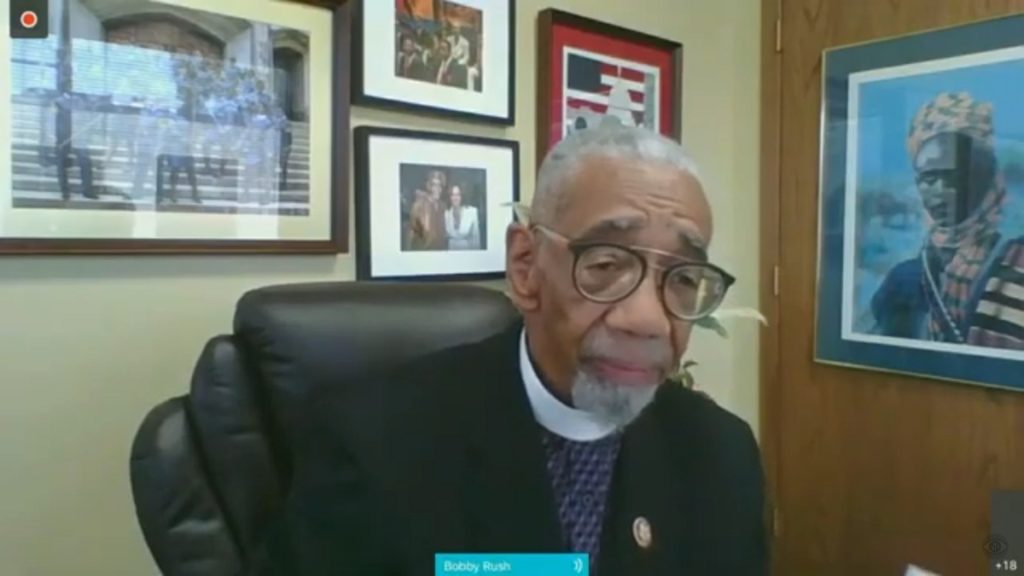Rush Opening Remarks at Joint Subcommittee Hearing on Supply Chain Solutions for a Clean Energy Economy

![]()
Rush Opening Remarks at Joint Subcommittee Hearing on Supply Chain Solutions for a Clean Energy Economy (Washington, D.C.) — Today, U.S. Representative Bobby L. Rush (D-Ill.), Chair of the House Committee on Energy and Commerce’s Subcommittee on Energy delivered the following opening remarks at a joint Subcommittee on Energy and Subcommittee on Environment and Climate Change hearing titled, “Securing America’s Future: Supply Chain Solutions for a Clean Energy Economy.”
Rush Opening Statement as Prepared for Delivery:
I would like first to thank you, Mr. Chairman [Rep. Paul Tonko], for working really closely with me and with my staff at the Energy Subcommittee to make today’s joint hearing possible. As we have heard time and time again in my subcommittee, the clean energy transition represents both a challenge and an opportunity.
It will be a difficult task — but one that we can achieve — to get to net-zero emissions by 2050. That said, the clean energy transition also represents an enormous opportunity. It will enable us to move energy production from foreign countries like Saudi Arabia to right back here at home, to ensure that our clean energy workforce better mirrors the tremendous diversity of America, and also to make energy more affordable for all Americans.
Frankly, Mr. Chairman, we are way behind in our efforts. According to the Department of Energy, the United States only produced three percent of the world’s solar panels last year and relied upon imports for roughly 40 percent of the average onshore wind project. Rather than despair though, these facts should inspire us to action. Rather than surrendering to a tepid reaction, we must vigorously commit to a robust, take-no-prisoners and absolute action strategy.
The reality is that we have to compare our clean energy supply chain to the traditional fossil supply chain that we are suffering under today. Despite years of hearing about energy independence from the past administration, according to the Energy Information Administration, in August, we still relied on crude imports for nearly 40 percent of the oil that was processed in American refineries.
At a time when volatility in energy prices is causing so many consumers pain, we need to speed up the pace at which we make investments in the clean energy supply chain. Any vote to keep our dependence on fossil fuels is a vote to keep American’s energy prices volatile and to expose Americans to unnecessary economic uncertainty.
Finally, as many of my colleagues know, I am passionate about ensuring that the next generation energy economy does not replicate the mistakes of the old one. E2 released a report a few months ago clearly showing that fossil industries have disproportionately excluded Black and Brown workers, along with women of all colors. The clean energy industry has yet to do significantly better. Mr. Chairman, this is totally disgraceful and unacceptable.
With that, Mr. Chairman, I look forward to today’s discussion about the clean energy supply chain, and I yield back the balance of my time.
Rush Opening Remarks at Joint Subcommittee Hearing on Supply Chain Solutions for a Clean Energy Economy








Responses